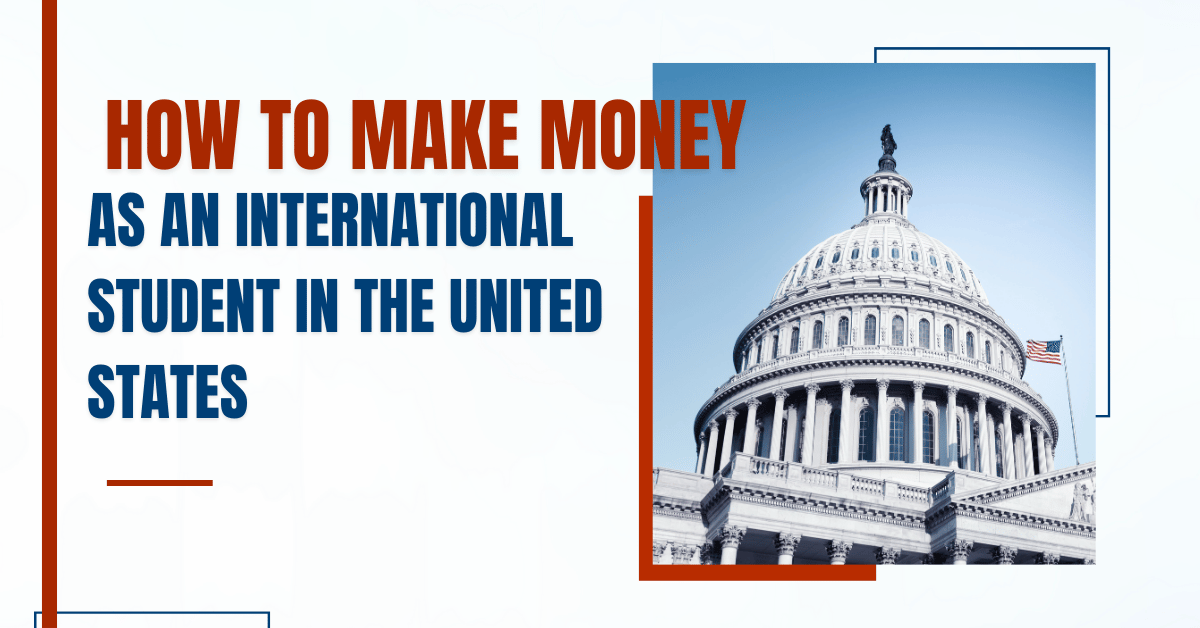In an increasingly interconnected world, the landscape of higher education has undergone significant transformation. One prominent entity that has been at the forefront of this transformation is Laureate International Universities. As a leading global network of higher education institutions, Laureate has established a reputation for providing accessible, innovative, and quality education to students around the world. With a commitment to improving lives and empowering communities through education, Laureate International Universities has become a vital player in shaping the future of global higher education. This article explores the history, mission, impact, and future of Laureate International Universities, highlighting its role in advancing education on a global scale.
A Brief History of Laureate International Universities
Laureate International Universities was founded in 1998 with the vision of creating a global network of higher education institutions. The idea was to bring together universities and colleges from different countries under a common umbrella, sharing resources, expertise, and best practices to enhance educational quality and accessibility. The founding principle was to provide students with international perspectives, preparing them for the challenges of a globalized world.
The network quickly expanded, acquiring and partnering with institutions across North America, Latin America, Europe, Asia, Africa, and the Middle East. Laureate’s growth was fueled by its ability to adapt to the unique needs of each region, offering programs tailored to local markets while maintaining a commitment to global standards. By 2010, Laureate had become the largest global network of degree-granting higher education institutions, serving over 1 million students.
Mission and Vision
Laureate International Universities is driven by a clear mission: to make quality higher education accessible and affordable to students worldwide, thus improving lives and fostering social and economic development. Laureate’s vision is to be recognized globally as a leader in providing education that is both innovative and relevant, equipping students with the skills and knowledge needed to thrive in the global workforce.
This mission and vision are grounded in several core values:
- Excellence in Education: Laureate is committed to delivering high-quality education that meets international standards. This commitment is reflected in the rigorous academic programs offered across its network of institutions, as well as in the continuous professional development of its faculty and staff.
- Access and Affordability: Laureate strives to break down barriers to education by making it accessible and affordable to a diverse range of students. This includes providing scholarships, flexible learning options, and support services to ensure that students from different socioeconomic backgrounds can pursue higher education.
- Innovation: Recognizing the changing demands of the global economy, Laureate emphasizes innovation in its teaching methods, curriculum design, and use of technology. The network is committed to staying ahead of educational trends and preparing students for the jobs of the future.
- Social Responsibility: Laureate believes in the transformative power of education and its role in driving social change. The network encourages students, faculty, and staff to engage in community service, sustainability initiatives, and projects that address social and economic challenges.
The Global Network
Laureate International Universities operates a diverse network of institutions, each with its own identity and strengths, yet united by a shared commitment to Laureate’s mission and values. The network includes over 25 universities and colleges in more than 10 countries, serving hundreds of thousands of students.

- Regional Presence:
- Latin America: Laureate has a strong presence in Latin America, with institutions in countries such as Brazil, Chile, Peru, and Mexico. These institutions offer a wide range of undergraduate and graduate programs, focusing on areas like business, engineering, health sciences, and education. Laureate’s Latin American universities are known for their deep connections with local industries and communities, ensuring that graduates are well-prepared for the regional job market.
- Europe: In Europe, Laureate has institutions in countries including Spain, Portugal, and Turkey. These universities offer programs in business, arts, design, hospitality, and more. Laureate’s European institutions emphasize global perspectives, language acquisition, and intercultural competence, equipping students for careers in international settings.
- Asia and the Middle East: Laureate’s presence in Asia and the Middle East includes institutions in countries like Malaysia, Thailand, and Saudi Arabia. These universities focus on fields such as engineering, technology, and health sciences, catering to the growing demand for skilled professionals in these regions. Laureate’s institutions in Asia and the Middle East are also known for their partnerships with local industries and government agencies.
- Innovative Education Models:
- Laureate’s institutions offer a variety of education models, including traditional on-campus programs, online and blended learning, and competency-based education. This flexibility allows students to choose the learning format that best fits their needs and schedules. Laureate’s investment in technology and digital platforms has enabled it to provide high-quality online education, reaching students who may not have access to traditional classroom settings.
- International Collaboration and Mobility:
- One of the hallmarks of the Laureate network is its emphasis on international collaboration and student mobility. Students at Laureate institutions have opportunities to study abroad, participate in exchange programs, and engage in cross-cultural experiences. This exposure to different cultures and perspectives enriches students’ education and prepares them for global careers.
Impact on Students and Communities
Laureate International Universities’ impact extends beyond the classroom, influencing the lives of students, their families, and the communities they serve. The network’s focus on access, affordability, and quality has made higher education attainable for many first-generation college students, women, and individuals from underrepresented groups.
- Improving Employability:
- Laureate’s commitment to providing education that is aligned with industry needs has resulted in high employability rates for its graduates. By offering programs that are relevant to the job market and incorporating practical experiences such as internships, co-op programs, and project-based learning, Laureate ensures that its graduates are well-prepared for the workforce.
- Empowering Women and Underrepresented Groups:
- Laureate has made significant strides in empowering women and underrepresented groups through education. The network’s institutions actively promote gender equality and diversity, providing scholarships and support services to help women and minority students succeed. Laureate’s focus on inclusive education has contributed to social mobility and economic empowerment for many individuals.
- Community Engagement and Social Impact:
- Laureate institutions are deeply engaged with their local communities, addressing social and economic challenges through education, research, and service. Many Laureate universities partner with local organizations, businesses, and governments to address issues such as healthcare access, environmental sustainability, and economic development. These initiatives not only benefit the community but also provide students with valuable opportunities to apply their knowledge and skills in real-world settings.
Challenges and Criticisms
While Laureate International Universities has achieved significant success, it has also faced challenges and criticisms. Some critics have raised concerns about the quality of education at certain institutions within the network, questioning whether the rapid expansion of the network has compromised academic standards. In response, Laureate has taken steps to strengthen quality assurance processes, enhance faculty development, and improve student support services.
Another challenge for Laureate has been navigating the regulatory environments of different countries. As a global network, Laureate must comply with various accreditation standards, government regulations, and cultural expectations. This complexity requires a careful balancing act to maintain consistency and quality across its diverse institutions.
The Future of Laureate International Universities
As the landscape of higher education continues to evolve, Laureate International Universities is well-positioned to adapt and thrive. The network’s focus on innovation, flexibility, and global collaboration aligns with the needs of today’s students and employers. Looking ahead, Laureate is likely to continue expanding its online and digital offerings, leveraging technology to reach more students and enhance the learning experience.
Laureate’s commitment to social impact will also remain a central focus. By addressing global challenges through education, research, and community engagement, Laureate can contribute to sustainable development and positive change. As part of its future strategy, Laureate may explore new partnerships, invest in emerging markets, and expand its portfolio of programs in high-demand fields such as technology, healthcare, and entrepreneurship.
Conclusion
Laureate International Universities has made a significant impact on global higher education by providing accessible, quality education to a diverse student population. Through its extensive network of institutions, Laureate has empowered students, improved employability, and fostered social and economic development in communities around the world. While facing challenges, Laureate’s commitment to innovation, excellence, and social responsibility positions it as a leader in shaping the future of higher education. As Laureate continues to grow and evolve, it will play a crucial role in preparing the next generation of global leaders, innovators, and change-makers.










